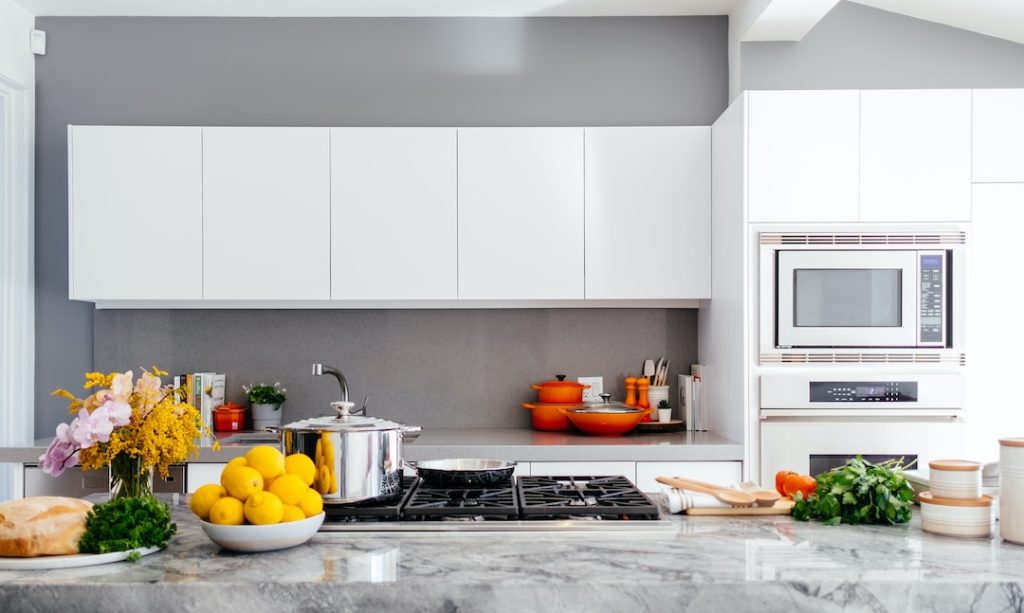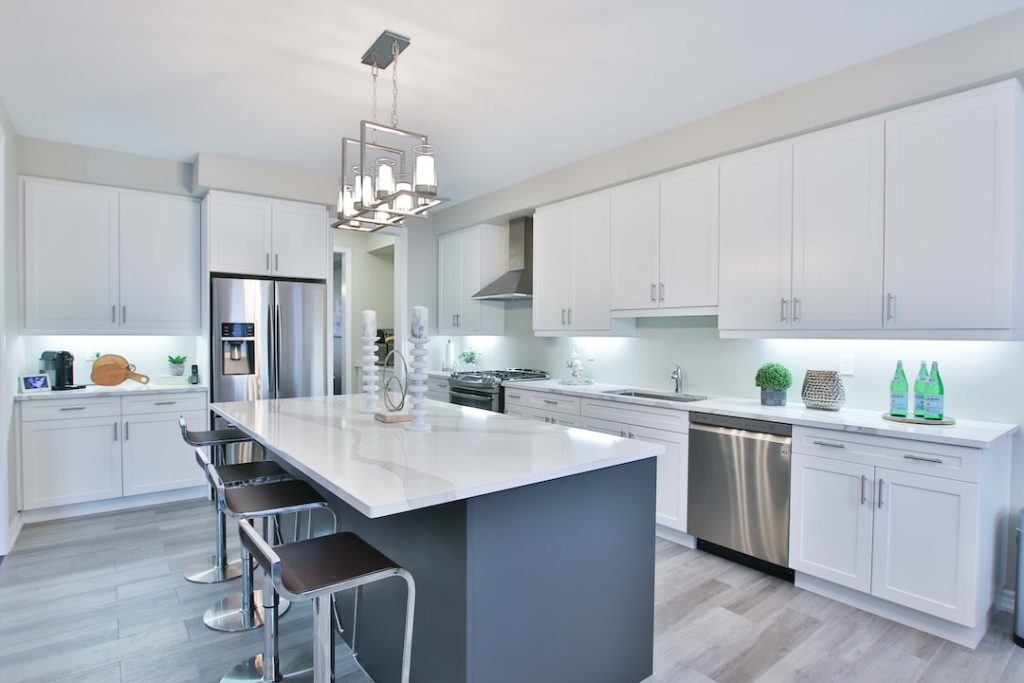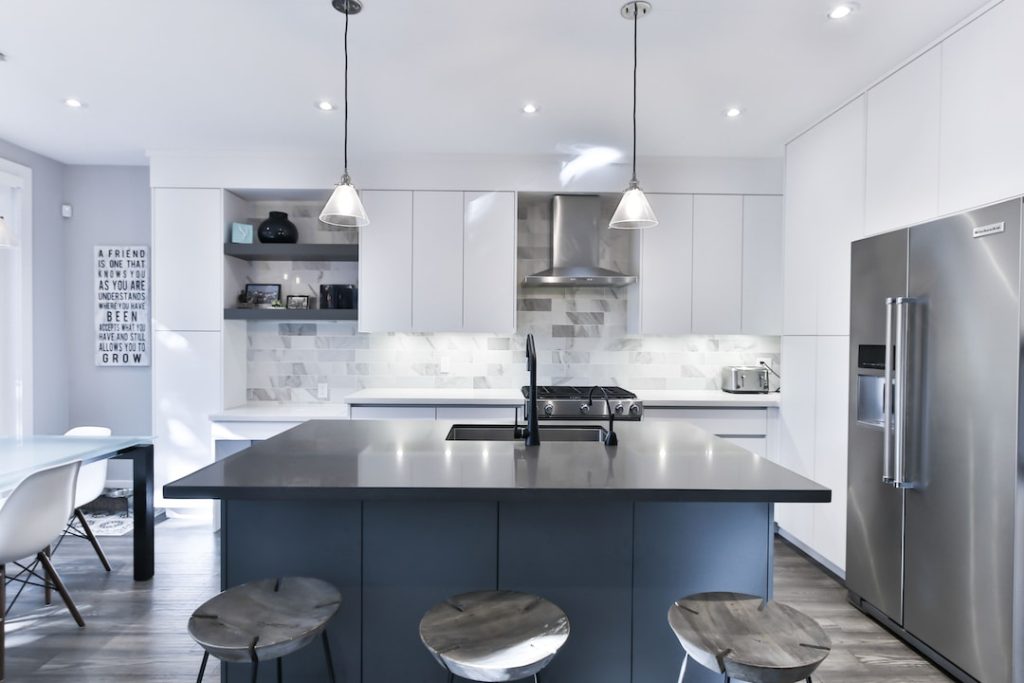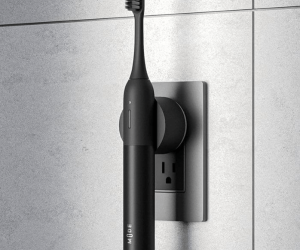
Choosing the perfect kitchen flooring can feel like a daunting task with various vital factors to consider. It is a part of your home that needs to be both practical and aesthetically appealing. The best choice will depend on your personal preferences, budget, and how you use your kitchen. Below, we delve deeper into the factors to help you make an informed decision. Do you need advice or inspiration? Read on!
Understanding the Influence of Your Kitchen Usage on Flooring Type
The flooring type you choose for your kitchen depends on how frequently the kitchen is used. High-usage kitchens require a robust and resilient flooring material that can stand against wear and tear. Moreover, if you have children or pets, opting for a scratch-resistant and easy-to-clean option like laminate flooring is prudent. Since kitchens also require frequent cleaning, a flooring material resistant to moisture is essential.
Consider the time you are willing to spend on floor maintenance. Some flooring options require more regular upkeep than others. For instance, tiles are easy to wipe clean, whereas wooden floors need caution regarding water spills and stains. Taking these factors into account could aid in narrowing down your options and making your decision process smoother.
Pros and Cons of Different Kitchen Flooring Materials
There is an array of kitchen flooring materials available, each with its unique advantages and drawbacks. Ceramic tiles are durable and available in various designs but can be uncomfortable to stand on for prolonged periods. Hardwood flooring adds warmth and natural beauty to a kitchen but may require special attention to prevent damage from water and scratches. Laminate exhibits resistance to scratches and can mimic the look of wood or tile, making it a versatile choice, though it may need to be replaced more frequently.
Vinyl flooring is budget-friendly and soft to walk on, but it may not withstand heavy traffic as well as other types. Exploring the pros and cons of each option will guide you to a choice that matches your lifestyle and preferences. Opt for a flooring material that not only matches your kitchen aesthetics but also caters adequately to its usage and maintenance expectations.
Balancing Aesthetics and Functionality

The aesthetic appeal of your kitchen floor is equally crucial as it has a significant impact on the overall look and feel of your kitchen. Be sure the flooring material aligns with your kitchen’s design and complements the furnishings and counters. Still, aesthetics should not overshadow functionality. A visually striking floor is much less appealing if it is slippery, difficult to clean, or wears out quickly. It’s about balancing beauty with practical considerations.
For instance, you could choose a stone floor for a natural, rustic appeal, but you need to consider its practical drawbacks like coldness underfoot and potentially high maintenance needs. Don’t compromise on aesthetics you don’t want to compromise the functionality of your choice either. No matter what you choose, updating your kitchen pays off.
Tips for Flooring Maintenance in Kitchens

Good maintenance prolongs the life of kitchen floors, retains their aesthetic appeal, and ensures they remain safe for use. Depending on your flooring choice, maintenance can vary from simple cleaning to periodic refinishing. For example, hardwood floors typically require refinishing every few years. Ceramic tiles are low maintenance but might need grout cleaning. Vinyl or laminate floors may only need routine sweeping and mopping.
Understand the maintenance requirements of your chosen flooring material during the selection process, helping you set realistic expectations for upkeep and protect the long-lasting beauty of your kitchen floor. Flooring maintenance is thus a substantial consideration factoring into your final decision. Note that you should look for cleaning products that don’t contain harmful substances like volatile organic compounds, which can negatively impact your health.
As you can see, understanding your needs and requirements is key to choosing the perfect flooring for your kitchen. Durability, aesthetic appeal, and maintenance needs are all considerations that can guide your decision-making process. With the right flooring in place, your kitchen can be an inviting and functional space that brings joy and comfort for many years to come.



